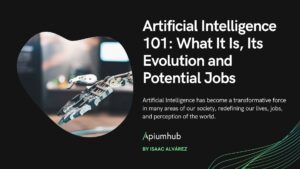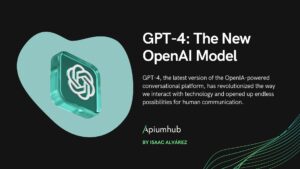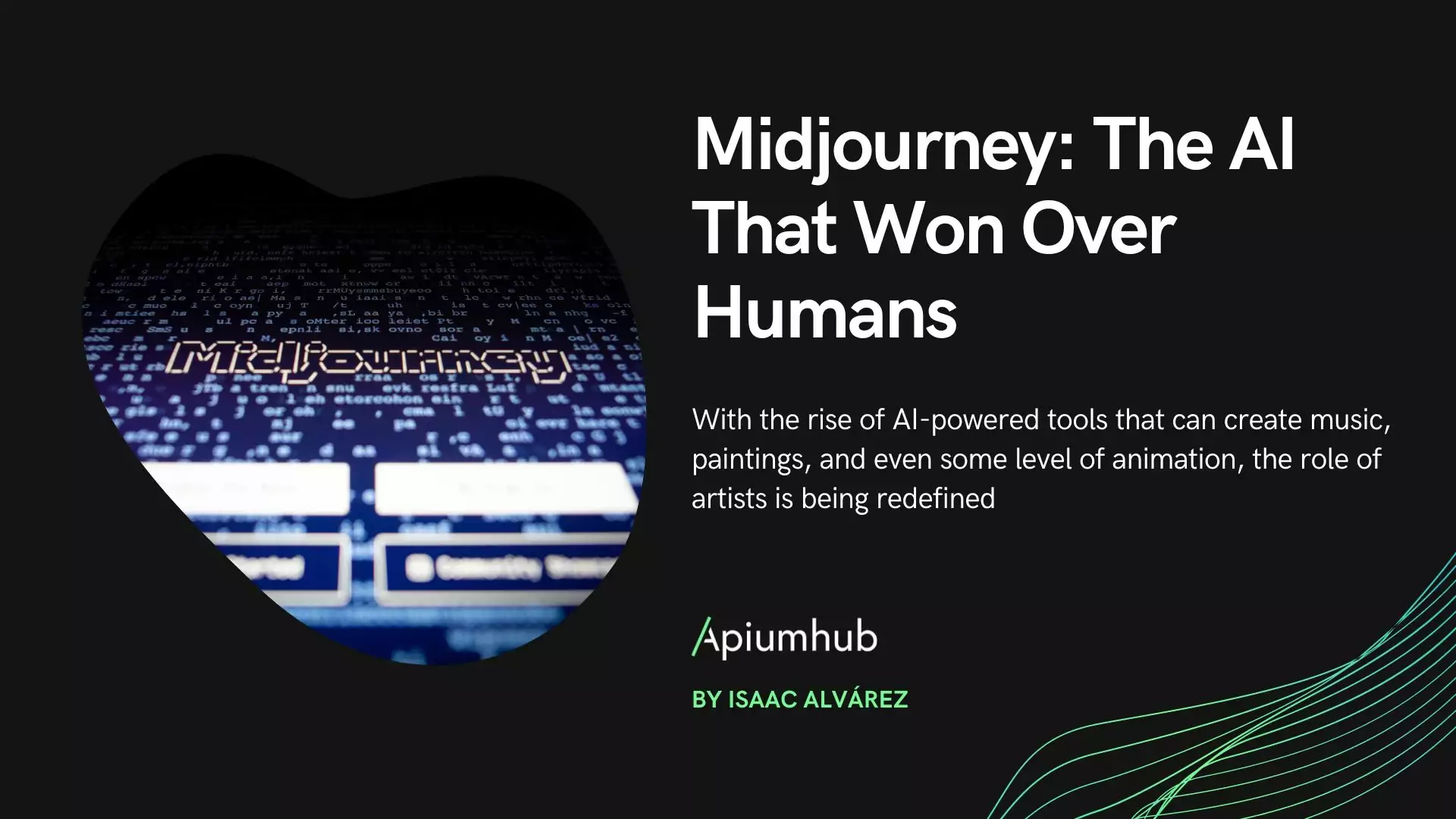Table of Contents
To continue with the AI topic, today, I would like to discuss the role of artificial intelligence technology in automotive industry, smart cars. More and more, robots take over our daily tasks, for example, now our fridges can order food for us, our mobile phones can guide us through the city, our house can regulate the temperature, and we have reached that point when we have an option to buy self-driving cars.
Smart cars – driving the innovation
Unfortunately, more than 1 million people die every year on roads, and most of them (94%) are because of human errors. This stats set the discussion if machines are actually safer than human interactions. Some car companies foresee that and started to develop strategies towards this scenario. Providing smart cars and driving as solution.
6th of March I was able to go to an event at Pier01, organised by Payment Innovation Hub, where different speakers discussed the situation of “smart cities” and “smart cars” and what are the strategies that their organisations are actually developing.
There were some topics that I found particularly interesting: intelligent mobility, IoT, data analytics and digitalization.
Who were the panelists?
Xavier Oms – Business development director at ARVAL
Manuel Prieto – Transit Implemention Director at VISA
Jose Nascimento – Director at Metropolis:Lab, SEAT
Antonio Vazquez – Coordinador at Data Lab at Universidad Torcuato Di Tella
Mara Balestrini – CEO at Ideas for Change
Ricard Castellet – CCO at Barcelona Tech City
They panelists generated a lot of interesting discussions and actually made me think a lot about this topic about smart cars and I did a research to find some data to understand the current situation better:
The automotive sector is the 3rd largest in Catalonia, 1 out of 4 vehicles manufactured in Spain is made in Catalonia. It is the one to blame for the 39,484 direct jobs that creates.
Catalonia is a global automotive hub, exporting 65% of vehicle production and generating 24% of Spanish vehicle exports … It is no surprise, therefore, that it is a leading destination for automotive FDI, where it is the 1st region in Western Europe for capital investment and the 3rd in number of projects and job creation. – Catalonia.com
Smart cars, are evolving and right now we have some models of the cars, which actually do everything for you, you just have to enter the car, not even touching it, sit down and enjoy the trip until your final destination. Most of the concepts that we discussed during the event look like a far future, but after doing some studies, I actually realized that it is all here, around the corner! 90% of “futuristic smart-features” have already been tried in many different vehicles. The trick is to know when the consumers are going to enjoy those new features. When, the brands, are going to commercialise the concept.
Some of the most popular features so far are: smart cars know how to avoid the traffic jams, smart cars know where to park, smart cars open the door for the passengers, put favourite music, turn on the lights when needed, choose optimal speed, drive safely, be efficient when dangerous moments happen, etc. And with the latest technology, a “smart-car” is able to create, from 1h of drive, 25Gb of data. What is equivalent to 12 HD complete films. Well, the good thing here is that the more connected cars save the data, the better, because the more data they create, the more prevision can be created and can update this digital edges. Cars will continuously receive alerts and advices on safety routes.
However, just like Peter Parker’s aunt would say, “power comes with responsibility”. And all this amount of data created and stored somewhere in the cloud is a nice piece of cookie for the hackers. Protection of data is one of the most important issues of the year. And nowadays, Cybersecurity plays a very important role in the industry.
Smart cars case studies
The first self-driving car or smart car designed by Google is known as Waymo. Waymo’s missison is to make it safe and easy for people and things to move around. With their self-driving technology you are able to go from door to door without even touching the wheel.
Waymo uses sensors and software to detect other roadway users, such as motorists, bicyclists and pedestrians, as well as objects like vehicles and road work, from up to two football fields away in all directions. Moreover, Waymo can detect and predict the behavior of not only the cyclist, but of all objects around the car.
Renault
The french company is also working on this issue. They put their forces to to develop smart cars. Renault is very confident in the quality of their products and they decided to partner up with Empresa de Electricidade da Madeira to make the little island from Portugal – Smart Fossil Free Island” to get rid of all polluting source of energy. All this is going to be possible by pre installing electric chargers for their cars and wind power areas. Furthermore, the company launched a demo electric-car with the level 4 of autonomy. Which means that the car can move around with almost no input from the drivers.
SYMBIOZ is the name of this futuristic car. This car is no longer separate from your living space. It has been designed as a genuine extension to your home. Thanks to its various self-driving modes, there’s no more need for manual driving with SYMBIOZ.
The interior includes three large monitors where passengers can look up directions or watch movies on a high definition screen. Renault designed the SYMBIOZ as part of its “Vision for mobility of 2030” project to show off what the future autos could look like. – CNBC
Volkswagen
The company has had 3 “smart-cars” models. The new one, called the I.D. Vizzion will be shown at the upcoming Geneva Motor Show. The idea came from the self-driving wiz by Google. The car opens using facial recognition and the passengers can interact with the digital chauffeur using voice and hand gestures. This concept is not likely to materialise for a few years. Actually, Volkswagen expects the first self-driving cars to appear on the market by 2019.
Mercedes
Mercedes thinks about the future and smart cars as well. Mercedes’ futuristic headlights are going to be included in a limited quantity of Mercedes-Maybach S-Class cars. Each smart HD quality headlamp has over one million pixels and can control where and how much light is thrown in front of the car. They have sensors that control the level of brightness so that onlookers or nearby drivers aren’t blinded by lights. Also, the headlamps are capable of projecting information onto the road. For example, if you’re driving through a construction site, two lines of light can be projected to show the width of the car and guide you to not drive too close to either side. Or if you’re getting too close to the car in front of you, Mercedes will project a warning symbol to warn you.
Audi
Audi also takes active part in smart car industry. It’s control software distributes the solar power intelligently based on the current or plannable demand from car, household and heating system.
Audi is also looking at services that extend beyond the automobile as a product. Audi thinks about interrelationship between all those areas of life where the car meshes seamlessly with a connected environment. There is particular focus on services that involve interaction between car and environment. As for the self-driving car, Scott Keogh, Head of Audi America announced at the CES 2017 that an Audio that really would drive itself would be available by 2020.
BMW
As for the BMW, the current BMW Personal CoPilot driver assistance systems support drivers on the road and help ensure additional safety and comfort. Semi-autonomous driving assistance systems, such as the Steering and Lane Control Assistant including Traffic Jam Assistant, make daily driving much easier. They can brake automatically, accelerate and take over steering.
Future BMW Personal CoPilot systems will give drivers more freedom to completely turn their attention away from the road under certain conditions. With conditional automation systems, the smart cars will be able to drive autonomously over long distances. BMW research vehicles have been testing highly automated driving on public roads for several years now and BMW CEO Harald Krueger said that BMW will launch a self-driving electric vehicle, the BMW iNext, in 2021.
Hyundai
Hyundai is planning to set up hubs in Israel. Key points of interest will be artificial intelligence, robotics, energy and smart city technologies. Hyundai is looking to partner, acquire or invest in local firms to introduce their products globally and penetrate the smart car market.
Honda
Honda has been one of the more cautious automakers when it comes to self-driving cars, and a recent study put the company at 15th out of 18 in terms of overall advancement. However, Honda shared more about its plans and set a target of 2025 for introducing vehicles with Level 4 autonomous driving capability and it intends to have vehicles capable of Level 3 freeway driving on the market by 2020.
We are striving to provide our customers with a sense of confidence and trust by offering automated driving that will keep vehicles away from any dangerous situation and that will not make people around the vehicle feel unsafe,” – Honda president and CEO, Takahiro Hachigo
Ford
The effort to build fully autonomous vehicles by 2021 is a main pillar of Ford Smart Mobility: their plan to be a leader in autonomy, connectivity, mobility, customer experience and analytics. The vehicle will operate without a steering wheel, gas pedal or brake pedal within geo-fenced areas as part of a ride sharing or ride hailing experience. Ford has committed to expanding its research in advanced algorithms, 3-D mapping, radar technology and camera sensors. To accelerate the development of these new technologies, Ford started collaboration with Velodyne, SAIPS, Nirenberg Neuroscience LLC and Civil Maps. These companies have proven to be dedicated to making the world a better place through their technological endeavors.
Nissan
Nissan says it’s aiming to introduce fully autonomous cars to the market in 2022, as the Japanese carmaker strives to establish itself as a front-runner in driverless technologies.
SEAT
The creation of the Metropolis lab follows the agreement signed between SEAT and the Barcelona city council to promote innovation, sustainable mobility and attracting new talent to the city. At the same time, the company is invested in CARNET, the first great open research and innovation hub focussed on the automotive sector and urban mobility in the city of Barcelona. Basically, they rely on a combination of mobile technology and Big Data to optimise the relationship between the public, the smart city and mobility services. They aim to improve mobility and make people’s lives safer, more sustainable and more efficient. . The president of SEAT announced that his company “Shares a commitment with the city council to achieve a more sustainable, smarter and safer form of mobility in which we move towards the goal of zero emissions and zero accidents”.
And many tech companies like Google and Apple are also joining the race to build self-driving cars. Chinese tech giant Baidu, for example, plans to mass produce driverless vehicles within five years. The company opened an AI research lab in Silicon Valley toward that goal, and recently announced a $1.5 billion fund focused on investing in autonomous driving tech startups.
Jaguar
Relying on different devices and sensors to detect people, traffic and other out-of-nowhere situations, Jaguar and Land Rover test their driverless car on UK public roads. Last October, the city of Milton Keynes was witness of the first tryout in public areas, which allowed the organisation to understand better how pedestrians react to it and see how other drivers interact with driverless cars.
“By using inputs from multiple sensors, and finding intelligent ways to process this data, we are gaining accurate technical insight to pioneer the automotive application of these technologies,” said Nick Rogers, the firm’s Executive Director for Product Engineering.
Tesla, might be the most known company selling electric cars. The car company have developed an incredible software able to provide the driver the experience of “driverless”. Its CEO, Elon Musk, announced that henceforth all the cars shipped will be provided with the self-driving software.
Having 5 different levels in in the entire range of driverless cars, Elon has promised that by the end of 2018 Tesla will provide a level 4 of autonomous cars, which means “feet off, hands off, eyes off and brain off”. Even Though it’s been commercialised only until number 2, Tesla wants to separate for good the human responsibility and machine ones, since the mix of them didn’t work very well in the past 2016. What’s for sure is that the future for Tesla software is amazing!
9 Smart cars startups
It is a robotic company based in California, founded to create autonomous mobility.
Embark is a software company that partners up with truck and delivery company, frigidaire and Ryder to deliver self-driving transportation, biggest transportation revolution since the car itself.
Pony.ai brings you the best AI solutions for your autonomous driving. It brings the best solutions on driving situations and takes care of safety, reliability and cost effectiveness.
Autonomous trucking company that besides driverless trucks brings you remote controller technology at the beginning and end of the way.
Silicon Valley startup that creates AI responses for the search of autonomous and self-driving vehicles. Reaching innovation through diversity aiming to create a product that will revolutionize the automotive industry.
Ottodrives is another self-driving truck company driven to rethink transportation. Here the driver gets the role of a supervisor rather than the driver.
Founded by some of the best engineers in the self-driving industry, Aurora wants to provide “the full-stack solution” (sensors, software and data services). They partnered up with Volkswagen and Hyundai to commercialise their project by 2021.
“Driverless car company”. They are working to introduce a prototype into the city to make transport safer, accessible and more convenient.
This software development company develops HD Maps for driverless cars using computer vision. They receive video and other telemetry measurements from the fleet, and run advanced computer vision algorithms on the data to map the roads with high precision, down to just a few centimeters.
Actually, The Economist took a deep dive into autonomous vehicles and according to analysis from UBS, the per-mile cost could be brought down so low by autonomous vehicles that it makes huge financial sense for consumers to stop owning cars, and just use a self-driving Uber to get everywhere.Actually, Uber CEO, Travis Kalanick, has indicated in a tweet that he expects Uber’s fleet to be driverless by 2030. The service will then be so inexpensive and ubiquitous that car ownership will be obsolete. Let’s look at the example: self-driving cars cost around $2.50 per mile, compared with about $1.20 per mile to own and operate a private car. But the driver accounts for about 60% of the cost. So, we could save $5,000 a year just by using autonomous cars. Apart from financial advantages, there are some more, for instance, you can be drunk, and get back home with your car. Or your car can drive your kids to school and you save a lot of time for your working projects. Business people could do much more in their driverless vehicles, for example have skype conferences, finish the reports, etc.
The automotive industry has undergone huge transformation in the last years. The traditional ecosystem of this industry has been challenged with technological innovations: electrification of vehicles, advancements of sensor, electrical architecture, OTA, AI, machine learning and self-driving cars disrupt the ecosystem of the automotive industry. Let’s see what happens in the upcoming years. Feeling excited!
If you enjoyed this article about smart cars, you may like:











